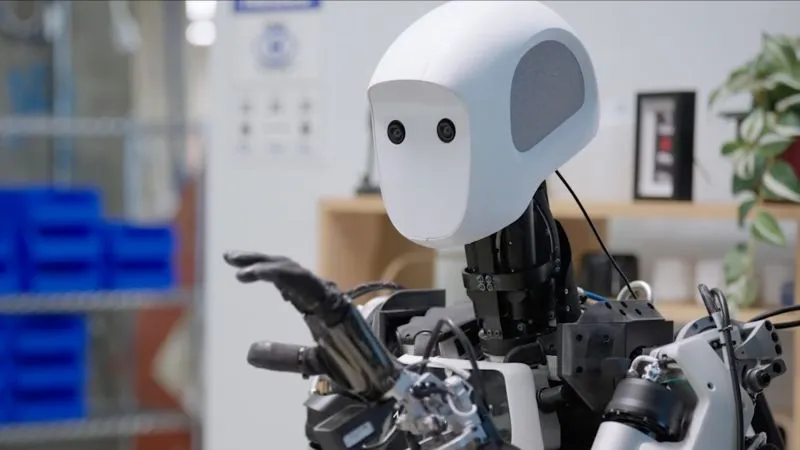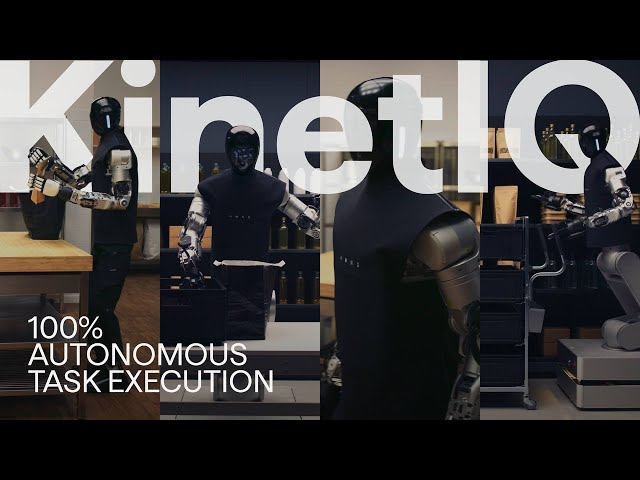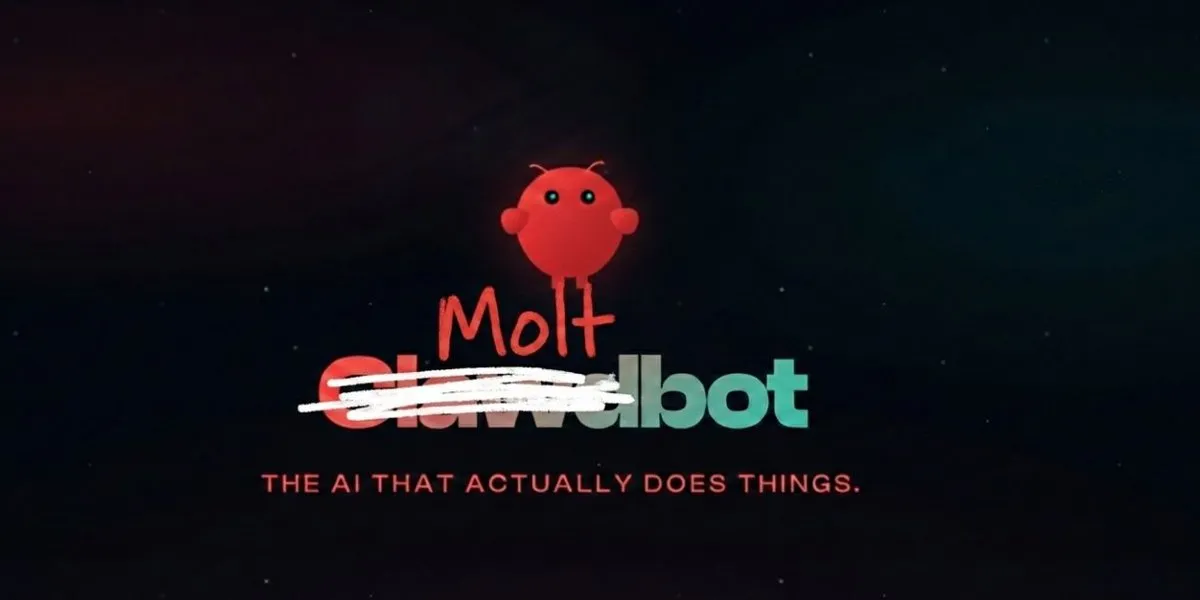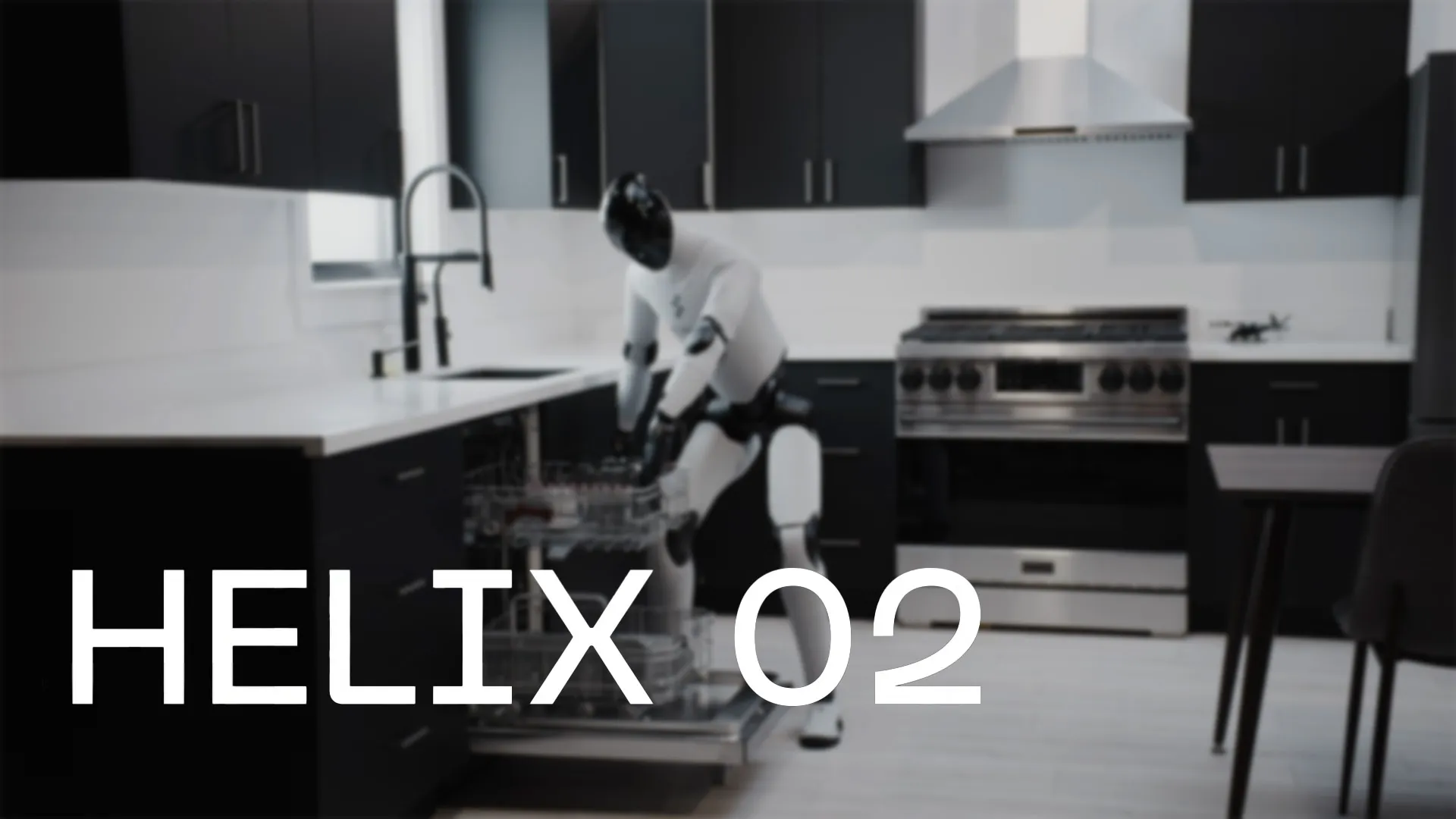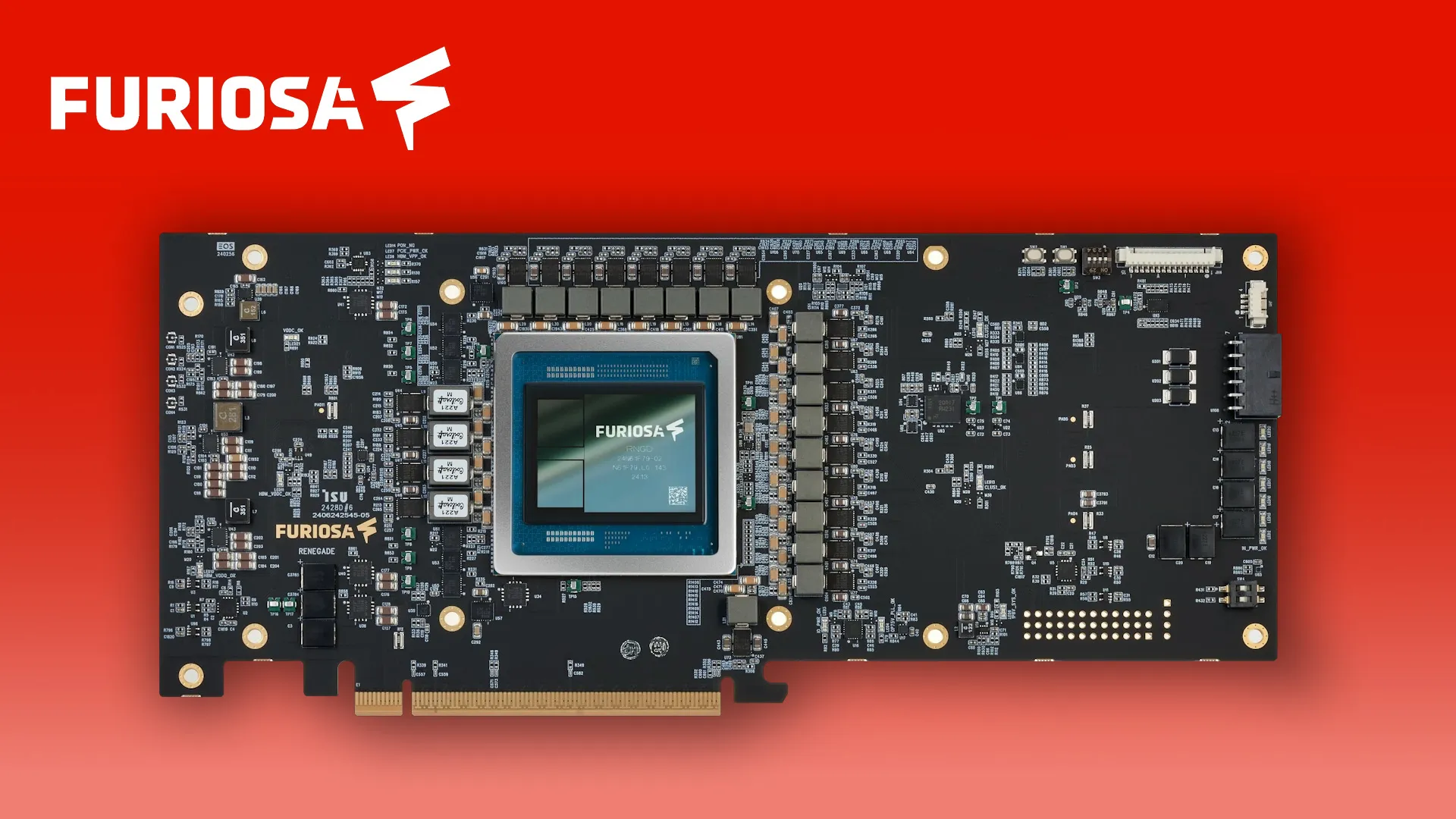- The Apptronik-DeepMind Marriage: This partnership represents the perfect union. Apptronik contributes the robust, human-like Apollo body, while Google DeepMind provides the advanced Gemini AI mind, signaling a major step toward practical, general-purpose humanoids.
- The Breakthrough: Vision-Language-Action (VLA): The core technology is the VLA model, which allows Apollo to understand tasks explained in human language, look at its environment, and reason about how to complete tasks it has never seen before. This adaptability replaces rigid programming with flexible, common-sense intelligence.
- Real-World Commercialization: The technology is moving out of the lab and into the workplace immediately. The commercial deal with Mercedes-Benz to use Apollo robots in manufacturing facilities for material handling proves the robot is ready for real-world, productive deployment.
- Setting the Stage for Competition: The collaboration sets a new standard for intelligent robotics, forcing competitors like Tesla's Optimus and Figure AI's Figure 02 to accelerate their AI integration. The next phase of the robotics race will be won by the robot that demonstrates the most reliable, generalized intelligence in structured industrial environments.
In the past 5 years, we've seen humanoid robots that can do amazing stuff, some have incredible agility, able to land a perfect Webster Flip. Others have immense strength, capable of lifting heavy packages. These machines have the perfect body—flexible, powerful and built to do things beyond humans could have done.
But here's the problem: A robot with a great body, but a dull brain, is still just a fancy puppet. If the floor is slippery or the object you want it to grab it is moved, the body stops, unable to comprehend what to do next.
On the flip side, we have AI, the genius "brain" that can think and calculate for the humanoid. But without the physical body, that brain stuck, unable to actually do anything or solve anything.
The true breakthrough comes when you successfully marry the two: a perfect body with a genius brain. That is exactly what happened when Apptronik, the builders of the agile Apollo humanoid, shook hands with Google DeepMind, the masters of the powerful Gemini AI. They didn't just give Apollo better code; they gave it a thinking mind, capable of seeing, planning, and acting in the messy, unpredictable world we all live in.
The Thinking Model: VLA and the High-Level Brain
The real magic lies on a clever piece of AI called the Vision-Language-Action (VLA) model, that's the core of the Gemini Robotics 1.5, which Google DeepMind called it their most capable VLA model, able to turn visual information and commands into motor commands for robot.
Think of it like this:
- Vision: Apollo can access and look at the scene.
- Language: Apollo can understand your instructions and requests (like a brain).
- Action: It can turn that understanding into physical movements (brain sending signals to your muscle to move)
This is incredible when it's paired it with the Gemini Robotics -ER 1.5, a high-level planner that helps Apollo to see, comprehend, think and orchestrate tools, solving things in a more efficient way. The second part (the VLA model) is the hands-on worker. It takes those simple instructions and figures out the tiny motor commands needed to do the job, even if the environment changes. If a person bumps a box out of the way, the robot can now think for a moment, see the change, and adjust its movements instantly, without needing a full re-do. This ability to "think before acting" makes Apollo much more reliable and transparent—it can even explain its plan in natural language.
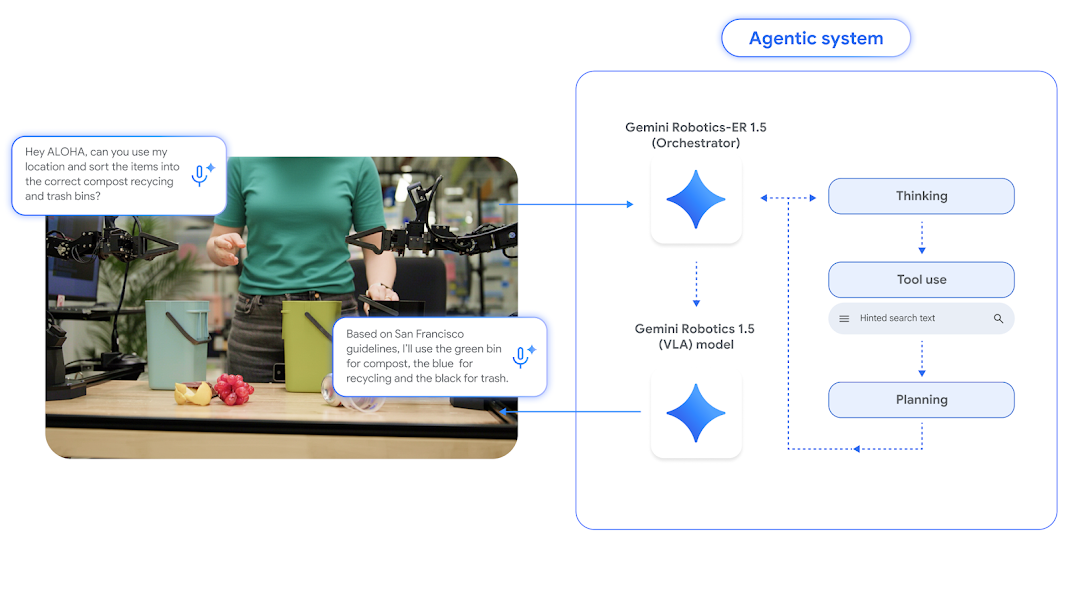
Huge Leap Towards Artificial General Intelligence
Why is this partnership between a powerful AI company and a top robot builder such a big deal for the future of AI? It all comes down to Artificial General Intelligence (AGI).
AGI is the idea of creating an AI that can learn, understand, and apply its intelligence to any task, just like a human whereas AI could only do things in the digital world. The huge step here is teaching the AI to live and learn in the physical world.
When DeepMind says their Gemini Robotics 1.5 can "learn across embodiments," they mean a skill taught on one type of robot (maybe a stationary arm) can instantly be understood and performed by Apollo, a completely different, human-sized machine. This is huge! It means every new task learned by a robot somewhere can be instantly shared with the entire robot family.
This ability to generalize knowledge from one body to another is a critical marker on the road to AGI, because it shows the AI is learning the idea of a task (like "pick up a cup"), not just the specific muscle movements for one robot.
The Real-World Test: Mercedes-Benz
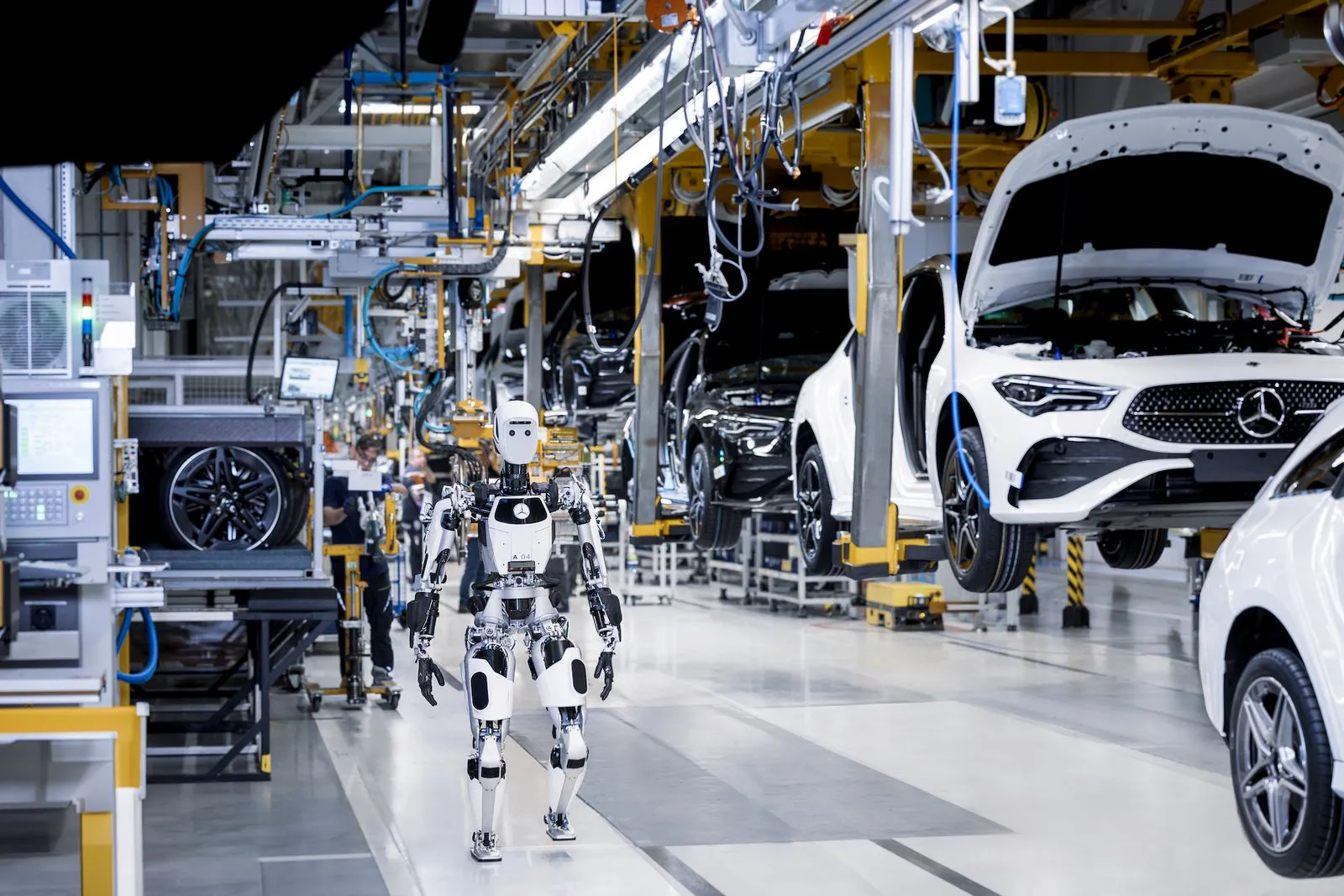
This entire system isn't just for a lab. Back in March 2024, Apptronik and its Apollo robot have already made a serious connection with the real world through their partnership with Mercedes-Benz Manufacturing.
Mercedes-Benz is piloting the use of the Apollo humanoids in its manufacturing facilities. The goal isn't to replace skilled workers, but to have the robot take over the tedious, physically tiring, or repetitive jobs—like bringing parts to the production line for the human workers to assemble, or doing initial quality checks.
"Mercedes plans to use robotics and Apollo for automating some low skill, physically challenging, manual labor – a model use case which we’ll see other organizations replicate in the months and years to come."
-Jeff Cardenas, Co-Founder of Apptronik
By having Apollo work in a complex, real-world factory environment designed for humans, the robot's AI gets real-time data and challenges it needs to get smarter faster. This partnership shows that the industry is ready to trust these humanoid robots, especially now that Google DeepMind is giving them a powerful, general-purpose brain.
What Comes Next?
The truth is, Apollo isn't alone. It is part of a high stakes, global robotics race and the new brain it just received has set the benchmark higher for every other players. Optimus, also known as the TeslaBot, driven by ambitious vision to mass-produce a general-purpose robot at low cost, leveraging the same AI that powers their self-driving EVs. Then there's Figure AI, where Figure 02 was deployed into BMW's manufacturing pipeline as well. The era of the truly intelligent, general-purpose robot is no longer theoretical. It is here, and Apptronik and Google DeepMind have just forced all their competitors to catch up.
The dream is to have intelligent robots safely working alongside people, freeing up humans for jobs that require creativity and higher-level thinking, as they say in Apptronik:
We believe that it is not Man vs. Machine, but Man + Machine that will take humanity into the next stage of evolution.
